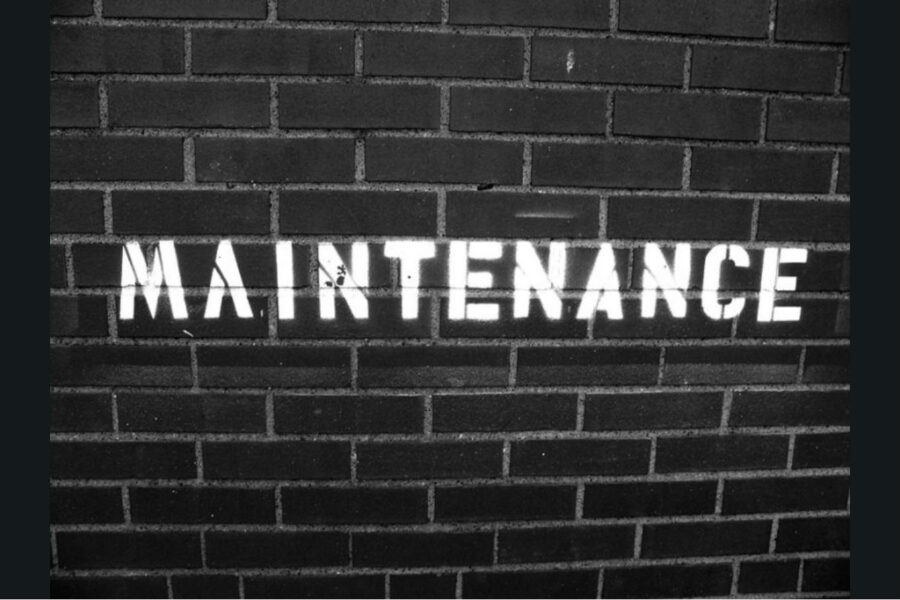Certainly, defending Section 125 Maintenance Cases in India requires a systematic and comprehensive approach. Here is a detailed, point-wise guide on how to defend against Section 125 Maintenance Cases:
1. Understanding the Grounds:
– Analyze the grounds on which the maintenance claim is based, such as neglect, refusal, or inability to maintain the dependent.
– Assess the financial status of both parties to establish the actual need for maintenance.
2. Gathering Evidence:
– Collect evidence regarding your financial position, including income, assets, and liabilities.
– Provide documentation like pay slips, bank statements, and tax returns to support your claims.
– Dispute the claims made by the petitioner with concrete evidence.
3. Challenging Legitimacy:
– Contest the legitimacy of the claim by proving that the petitioner is not eligible for maintenance under Section 125.
– Provide evidence that the petitioner is employed or has sufficient means to support themselves.
4. Establishing Willful Neglect:
– Demonstrate willful neglect if applicable. This may involve proving that the petitioner left without cause or refused financial assistance.
5. Cross-Examination:
– Cross-examine the petitioner and any witnesses presented by them.
– Bring out inconsistencies in their statements to weaken their case.
6. Negotiation and Settlement:
– Consider negotiating and reaching a settlement outside the court.
– A mutually agreeable arrangement can often be beneficial, avoiding protracted legal battles.
7. Legal Counsel:
– Engage an experienced family law attorney who specializes in maintenance cases.
– They can guide you through the legal process, ensuring your rights are protected.
8. Appeal Process:
– Be aware of the appeal process if an unfavorable decision is reached at the lower court.
– Challenge the decision at a higher court with stronger arguments and additional evidence.
9. Financial Disclosures:
– Be transparent about your financial disclosures.
– Hiding assets or income can have legal consequences and adversely impact your case.
10. Court Conduct:
– Maintain a respectful and composed demeanor in court.
– Cooperation with legal proceedings is essential for a favorable outcome.
11. Documenting Efforts to Provide Maintenance:
– If there are allegations of neglect, document instances where you have attempted to provide financial support.
12. Establishing Changed Circumstances:
– If there have been significant changes in circumstances since the maintenance order was issued, present these changes to the court.
13. Providing Evidence of Shared Responsibilities:
– If there are shared responsibilities or financial contributions from the petitioner, present evidence to show that the financial burden is not one-sided.
14. Keeping Track of Visitation Rights:
– If the case involves maintenance for children, maintain a record of visitation rights exercised, as it may reflect positively on your commitment to the child’s well-being.
15. Consistency in Defense Strategy:
– Ensure consistency in your defense strategy throughout the legal proceedings.
Remember, each case is unique, and the effectiveness of the defense strategy may depend on the specific circumstances involved. It is advisable to consult with a qualified legal professional to tailor the defense strategy to the particulars of your case.
Written by Adv Rohit Yadav

